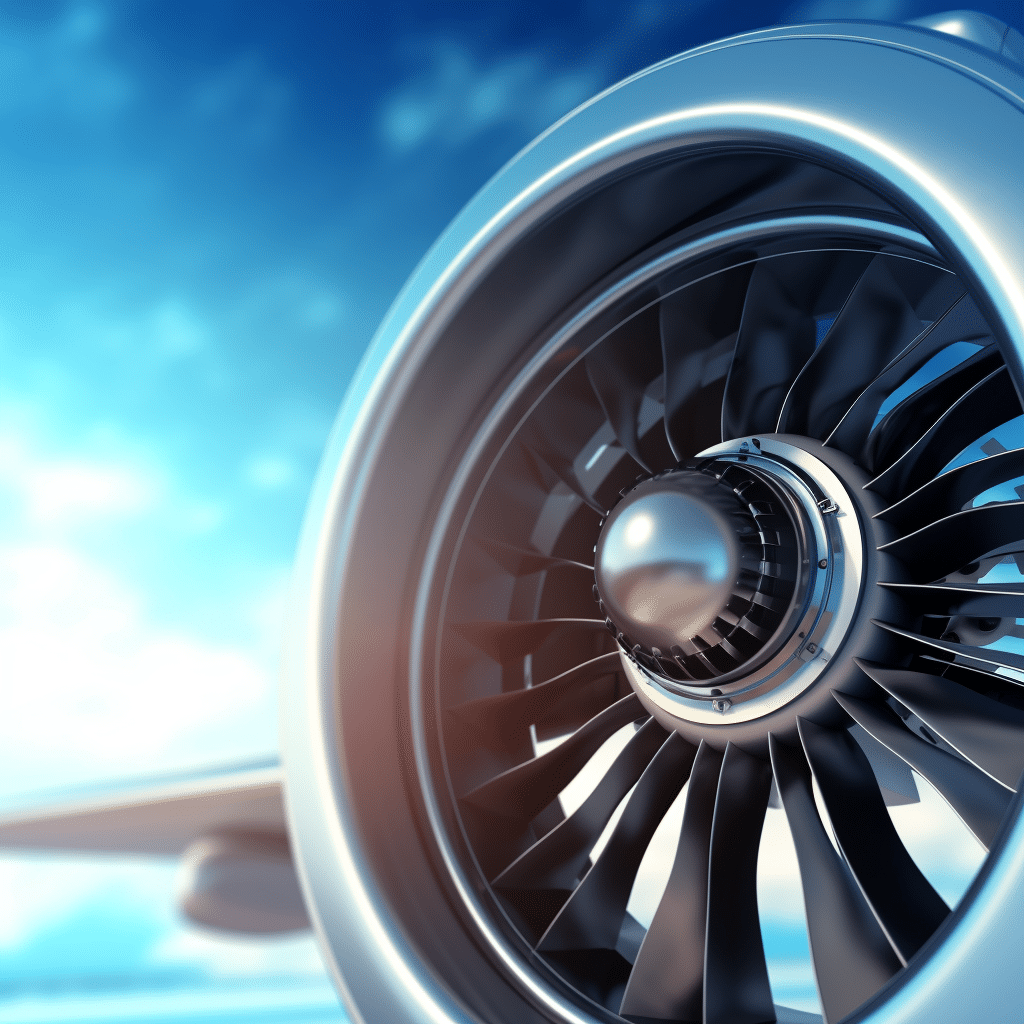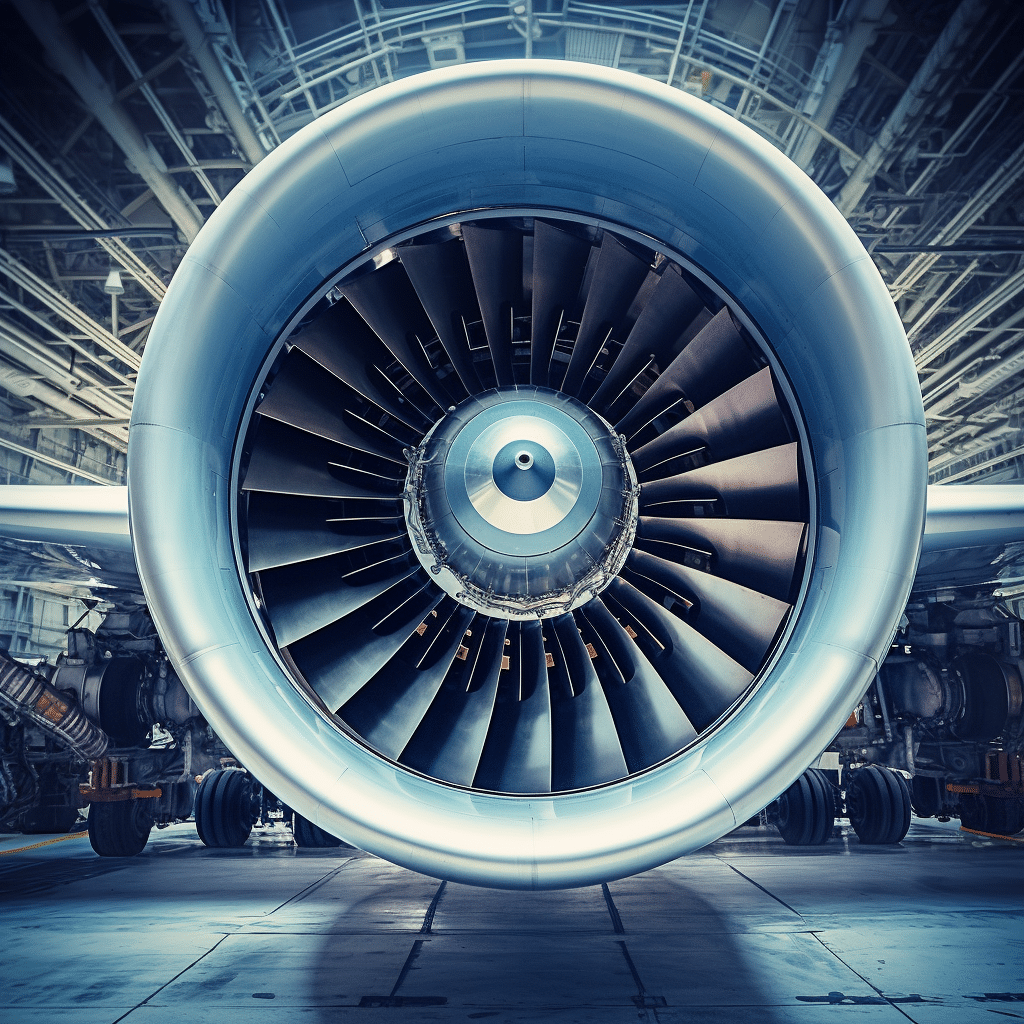The world of ducted fan design is transforming how we think about propulsion systems, leading to exciting breakthroughs in various industries. In this article, we'll explore the fascinating world of ducted fans, their advantages, and how they are shaping the future of transportation.
A Brief Introduction to Ducted Fans
Ducted fan design is an innovative approach to propulsion that places a fan within a cylindrical duct or shroud. This unique configuration generates thrust by accelerating the airflow through the duct, creating a high-velocity jet of air. The duct serves multiple purposes, including improving the fan's efficiency, reducing noise, and providing structural support.
The Magic Behind Ducted Fan Design
To understand the appeal of ducted fan design, let's take a closer look at some key design principles that make these systems stand out.
Efficient Fan Design

The heart of any ducted fan system is the fan itself. The fan's design, including the number of blades, their shape, and the materials used, significantly impact efficiency, noise, and performance. A higher number of thinner, swept-back blades can boost efficiency while minimizing noise.
Duct Shape Matters
The duct's shape plays a crucial role in the performance of a ducted fan system. A well-designed duct can minimize losses, reduce noise, and optimize thrust. Annular or ring-shaped ducts are a popular choice, providing an efficient and uniform flow of air around the fan.
Optimizing Inlet and Outlet
A ducted fan's inlet and outlet are critical for determining overall performance. A well-designed inlet ensures a smooth, uninterrupted flow of air into the fan, while a properly designed outlet guarantees maximum thrust generation. Designers may use features such as guide vanes, diffusers, and adjustable nozzles to optimize airflow and performance.
The Alluring Advantages of Ducted Fans
Ducted fan design offers several benefits that make them an attractive choice for various applications.
Efficiency at its Finest
Ducted fans outshine traditional open rotor designs in terms of efficiency, particularly at low speeds. The duct helps guide and accelerate the airflow, reducing losses and enhancing overall performance.
Hushing the Noise
One of the most significant selling points of ducted fans is their ability to reduce noise. The duct acts as a barrier, shielding the surrounding environment from fan-generated noise. This makes them ideal for applications where noise is a concern, such as urban air mobility.
Safety First
The enclosed design of ducted fans improves safety by shielding the spinning blades. This reduces the risk of injury or damage from accidental contact with the blades, making them a safer option for various uses.
Real-Life Examples: Ducted Fans in Action
Let's explore some innovative applications where ducted fan design is making a real difference.
Soaring High: Urban Air Mobility
Urban air mobility (UAM) is a rapidly growing field, and ducted fans are playing a pivotal role in electric vertical takeoff and landing (eVTOL) aircraft designs. These aircraft use ducted fans for quiet, efficient, and safe propulsion in urban environments, transforming how we navigate our cities.
Personal Transportation Revolution
Innovations like hoverboards and flying cars are incorporating ducted fan technology to achieve stable, efficient, and quiet propulsion. As personal transportation continues to evolve, ducted fans will be at the forefront of these changes, offering new and exciting ways to get around.
Drones and Unmanned Aerial Vehicles
Ducted fans are increasingly being used in drone and UAV designs, offering improved efficiency, reduced noise, and enhanced safety compared to traditional open rotors. These benefits make them an attractive choice for various applications, from commercial drone deliveries to military reconnaissance missions.
The Science Behind Ducted Fans: Exploring Research and Development
As ducted fan design becomes more popular, researchers and engineers are continually pushing the boundaries of what's possible. Let's take a look at some ongoing research and development efforts in this field.
Advanced Materials and Manufacturing Techniques
The use of advanced materials and manufacturing techniques, such as composite materials and 3D printing, is unlocking new possibilities for ducted fan design. These technologies allow for lighter, stronger, and more efficient fans and ducts, further enhancing performance and expanding potential applications.
Noise Reduction Research
Researchers are actively exploring ways to further reduce noise generated by ducted fans. This includes studying blade and duct shapes, fan speeds, and even active noise cancellation technologies. As noise reduction efforts advance, we can expect ducted fans to become an even more attractive choice for sensitive applications.
Integration with Hybrid and Electric Propulsion Systems
As the world moves towards greener and more sustainable transportation solutions, ducted fans are being integrated with hybrid and electric propulsion systems. By combining the benefits of ducted fans with the efficiency and environmental advantages of electric power, engineers are creating next-generation propulsion systems for aircraft, vehicles, and other forms of transportation.
The Challenges and Future of Ducted Fan Design
While ducted fan design offers numerous advantages, it's not without its challenges. Engineers and designers must overcome obstacles related to weight, size, and power consumption to unlock the full potential of ducted fans.
Weight and Size Constraints
One of the primary challenges in ducted fan design is minimizing weight and size while maintaining performance. As ducted fans are integrated into compact and lightweight applications such as eVTOL aircraft and drones, engineers must find creative solutions to reduce weight without sacrificing efficiency or safety.
Power Consumption Concerns
Power consumption is another challenge in ducted fan design, particularly in electrically powered applications. Engineers must develop innovative ways to optimize power usage while maintaining performance, ensuring that ducted fans can be effectively used in battery-powered or energy-conscious applications.
The Future is Bright for Ducted Fan Design
Despite these challenges, the future of ducted fan design looks promising. As research and development efforts continue, we can expect to see even more innovative applications and improvements in efficiency, noise reduction, and safety.
The world of ducted fan design is an exciting one, with endless possibilities for transforming the way we travel and interact with our environment. As technology advances and engineers continue to push the boundaries of what's possible, ducted fans will undoubtedly play a crucial role in shaping the future of transportation and beyond.
Conclusion:
In conclusion, the ducted fan design is a rapidly evolving field with numerous advantages and applications. From urban air mobility to personal transportation and drones, ducted fans are revolutionizing propulsion systems. With ongoing research and development, we can expect to see even more innovative uses for ducted fans, making them an essential technology for the future of transportation. So, keep an eye on the world of ducted fan design – it's one that's sure to keep you engaged and excited for years to come.
Inphoenix Aviation Private Limited is a leading company specializing in the design, analysis, and manufacturing of aerospace products. With a strong focus on innovation and excellence, Inphoenix Aviation has established itself as a frontrunner in the industry. Among its many capabilities, the company excels in ducted fan design, offering comprehensive solutions for a wide range of applications. Through a combination of cutting-edge technology, expert knowledge, and a commitment to customer satisfaction, Inphoenix Aviation consistently delivers high-quality, efficient, and reliable ducted fan systems. By partnering with Inphoenix Aviation, clients can rest assured that they are working with a dedicated team of professionals who are passionate about driving the future of aerospace propulsion and transforming the way we travel.

